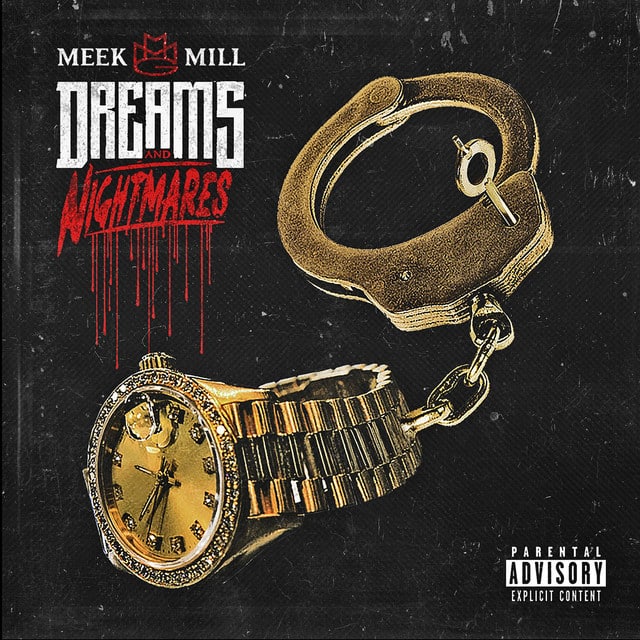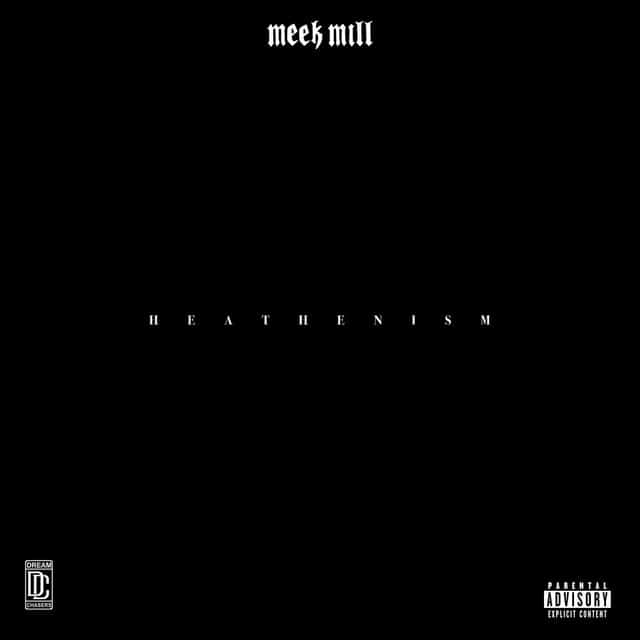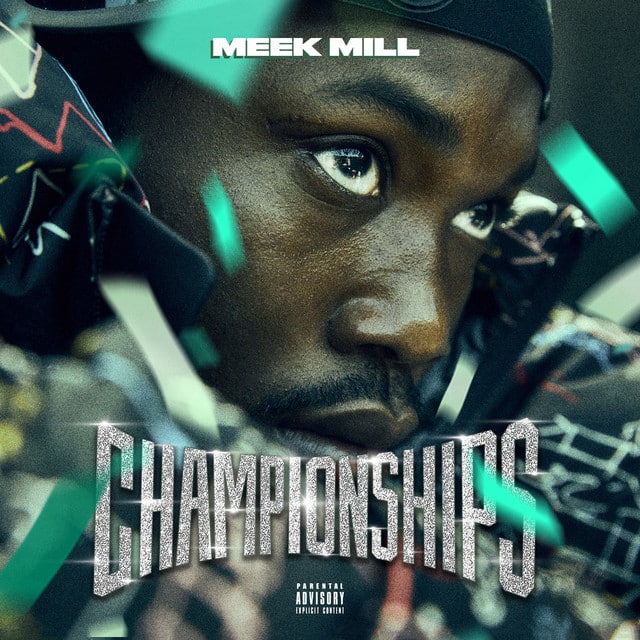Released: 2012
“Dreams and Nightmares” by Meek Mill is a profound narrative about the struggles and victories of a rapper’s hustle from the streets to stardom. The song is a vivid account of Meek’s journey through incarceration, the changes in his life, and the relentless pursuit of his dreams despite the nightmares that come with it.
Opening with “Ain’t this what they’ve been waitin’ for? You ready? Uh, uh,” Meek is preparing the audience for his story—one that’s been eagerly anticipated. The lines “I used to pray for times like this, to rhyme like this, so I had to grind like that to shine like this” depict his fluttering hope flipping into reality through unwavering focus and hard grind. He contrasts his transformation by talking about his time in a police van (“In the back of the paddy wagon, cuffs locked on wrists”) to his present success, marrying “the game.”
“Seen my dreams unfold, nightmares come true,” – a line that illustrates the dual nature of Meek’s journey in the limelight, where dreams are achieved, and nightmares as disappointments and struggles are brought to life. The next lines describe his partner, who’s trying to “bless” him sexually, referring to it as a response to a sneeze (“Like I said achoo”), a play on common parlance.
Meek Mill then talks about the fluctuation of public opinion. They loved him when he was “stuck” and hated when he moved on, potentially from the streets, the struggle or the past. He then speaks to his artistic prowess, likening his strategies to an artist drawing. The rapper then switches the flow to address his overt luxurious lifestyle, from dealing with foreign women to buying expensive cars.
He goes on to highlight his street credibility with lines like “gangstas move in silence, nigga, and I don’t talk a lot,” a saying that means real hustlers keep their moves quiet. He punctuates this stanza with “I don’t say a word, I was on my grind and now I got what I deserve” to express his focus on his mission and the rewards he reaps from it.
As a nod to his monetary success, he talks about spending large amounts at clubs and counting cash, “I’m the type to count a million cash then grind like I’m broke” portrays an image of never being complacent, always hustling, even though he has made it. Meek is aware of the dangers that come with his newfound wealth and fame, expressing that people “want me dead” and elaborates on carrying a gun for protection. He reinforces his loyalty to his roots, stating that he still needs to provide for his family and his response to threats would be violent if needed.
The third verse of the song has Meek revisiting his past as he challenges those who oppose him, displaying his gangster credentials: “All I know is murder, when it come to me.” He paints a picture of his flashy lifestyle, riding around in expensive cars, defending his territory and making power moves in the industry.
In the last part of the song, Meek Mill highlights his rise from Berks Street with “nappy braids,” a reference to his hairstyle and symbol of his humble past to being the king who “call the shots” in his city. He reflects on his success, acknowledging that it has bred jealousy from his enemies and anticipation from women. He ends the song with a rhetorical question that asserts his importance in the game— “if I leave, you think them pretty hoes gon’ still suck my dick?”
The song is a powerful and raw declaration of his journey, the struggles and success that are part and parcel of a rapper’s life. Through the verses, Meek Mill straddles the fine line between his dreams becoming reality, and the nightmares that such a reality also conveys—thus, “Dreams and Nightmares.”








